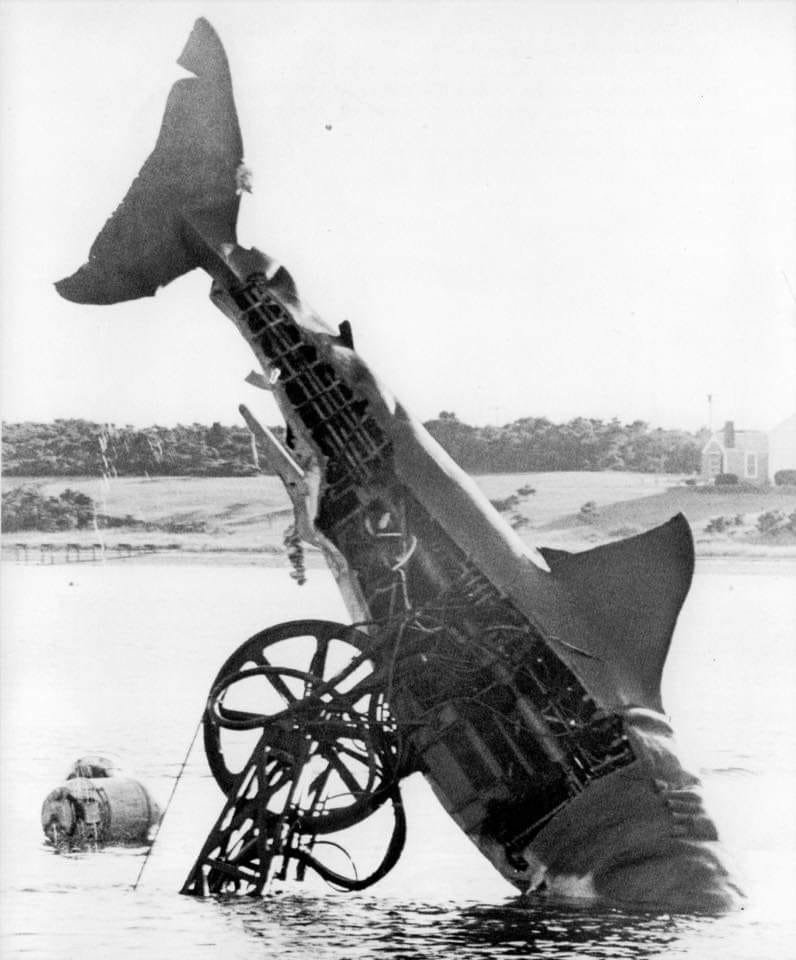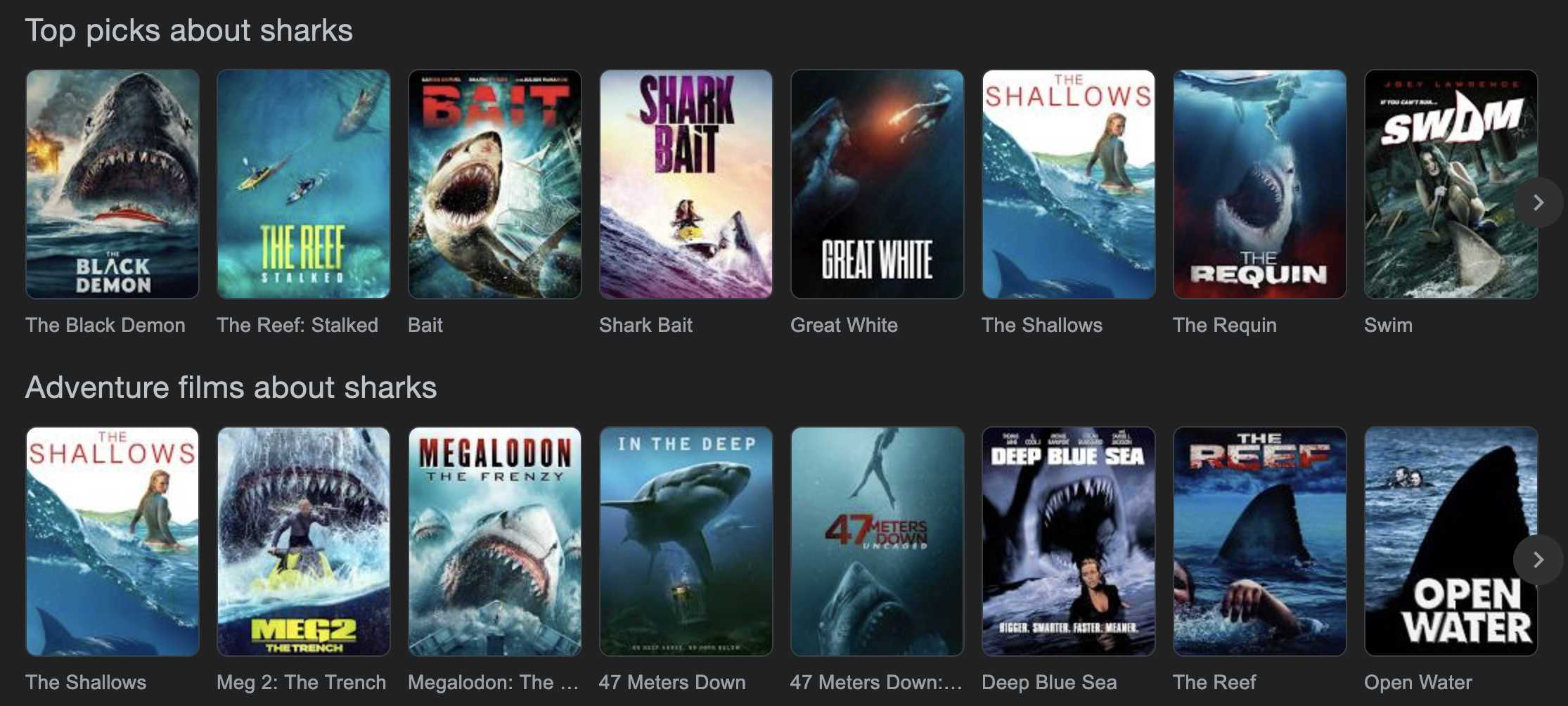Is now the time for a faithful screen adaptation of Peter Benchley's 'JAWS' source novel?
Since its publication in 1974, Peter Benchley's novel "JAWS" has become a literary and cultural landmark, captivating readers with its suspenseful narrative and tapping into primal fears of the deep unknown. Despite the success of Steven Spielberg's iconic 1975 film adaptation, many argue that now is the opportune moment for a faithful screen adaptation of Benchley's source novel. The evolving landscape of filmmaking technology, coupled with a renewed interest in classic literature, provides an ideal platform to revisit the harrowing tale of the great white shark terrorizing the fictional Amity Island.
Timelessness Narrative
Benchley's novel delves deeper into the characters' psyches, exploring the complex dynamics of the seaside community and the individuals affected by the lurking menace. While Spielberg's film remains a cinematic masterpiece, a faithful adaptation of the novel could unearth hidden layers of character development and societal commentary that were left unexplored in the original screenplay. The timelessness of Benchley's narrative ensures that the story remains relevant, as the fear of the unknown and the struggle for survival are universal themes that resonate with audiences across generations.
Technological Advancements in Filmmaking
Advancements in filmmaking technology since the 1970s offer an exciting opportunity to bring Benchley's vision to life in a more visually stunning and immersive manner. With state-of-the-art CGI, filmmakers can realistically depict the sheer power and terror of the great white shark, captivating audiences with a visual spectacle that was previously unattainable. A faithful adaptation would allow for a more faithful representation of the novel's intense and thrilling sequences, taking advantage of the latest advancements in cinematography and special effects.
Cinematic Trends and Audience Demand
The current cinematic landscape also reflects a growing interest in revisiting classic literature for screen adaptations. Audiences are increasingly drawn to faithful renditions of beloved literary works, as seen in successful adaptations of novels such as "IT" and "The Handmaid's Tale." This trend suggests that there is a demand for cinematic experiences that remain true to the source material, providing a fresh perspective on familiar stories. A faithful screen adaptation of "JAWS" could tap into this trend, introducing Benchley's narrative to a new generation of viewers while satisfying the nostalgia of existing fans.
Preserving Benchley's Legacy
Peter Benchley's "JAWS" holds a significant place in literary and cinematic history, and a faithful screen adaptation would serve as a tribute to the author's legacy. By staying true to the original source material, filmmakers can honor Benchley's artistic vision and provide a comprehensive exploration of the characters and themes that made the novel a classic. Preserving Benchley's legacy through a faithful adaptation would not only pay homage to the author but also contribute to the ongoing dialogue surrounding the impact of literature on popular culture.
The Peter Benchley Ocean Awards were retired in 2017
What the fans say
The time seems ripe for a faithful screen adaptation of Peter Benchley's "JAWS." Technological advancements, a resurgence of interest in classic literature, and a changing cinematic landscape all align to create an ideal environment for revisiting this timeless tale. A faithful adaptation has the potential to enhance the narrative, captivate audiences with modern filmmaking techniques, and preserve the legacy of a literary and cinematic masterpiece. As we navigate the seas of storytelling, a faithful adaptation of "JAWS" could once again send shivers down the spines of audiences, reminding us all of the enduring power of a great story.
If you would like to write for The Daily Jaws, please visit our ‘work with us’ page
For all the latest Jaws, shark and shark movie news, follow The Daily Jaws on Instagram, Twitter and Facebook.

















